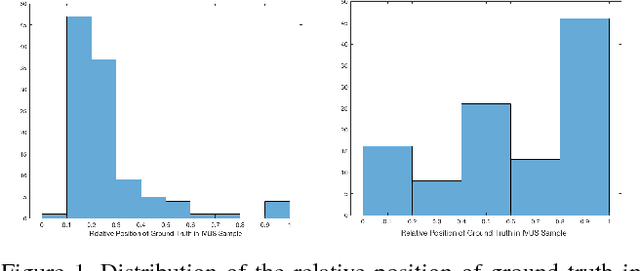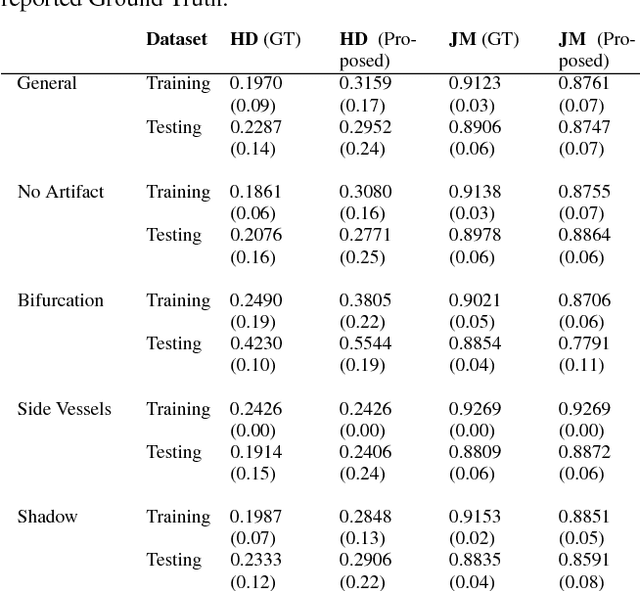EREL Selection using Morphological Relation
Paper and Code
Jun 10, 2018



This work concentrates on Extremal Regions of Extremum Level (EREL) selection. EREL is a recently proposed feature detector aiming at detecting regions from a set of extremal regions. This is a branching problem derived from segmentation of arterial wall boundaries from Intravascular Ultrasound (IVUS) images. For each IVUS frame, a set of EREL regions is generated to describe the luminal area of human coronary. Each EREL is then fitted by an ellipse to represent the luminal border. The goal is to assign the most appropriate EREL as the lumen. In this work, EREL selection carries out in two rounds. In the first round, the pattern in a set of EREL regions is analyzed and used to generate an approximate luminal region. Then, the two-dimensional (2D) correlation coefficients are computed between this approximate region and each EREL to keep the ones with tightest relevance. In the second round, a compactness measure is calculated for each EREL and its fitted ellipse to guarantee that the resulting EREL has not affected by the common artifacts such as bifurcations, shadows, and side branches. We evaluated the selected ERELs in terms of Hausdorff Distance (HD) and Jaccard Measure (JM) on the train and test set of a publicly available dataset. The results show that our selection strategy outperforms the current state-of-the-art.
 Add to Chrome
Add to Chrome Add to Firefox
Add to Firefox Add to Edge
Add to Edge